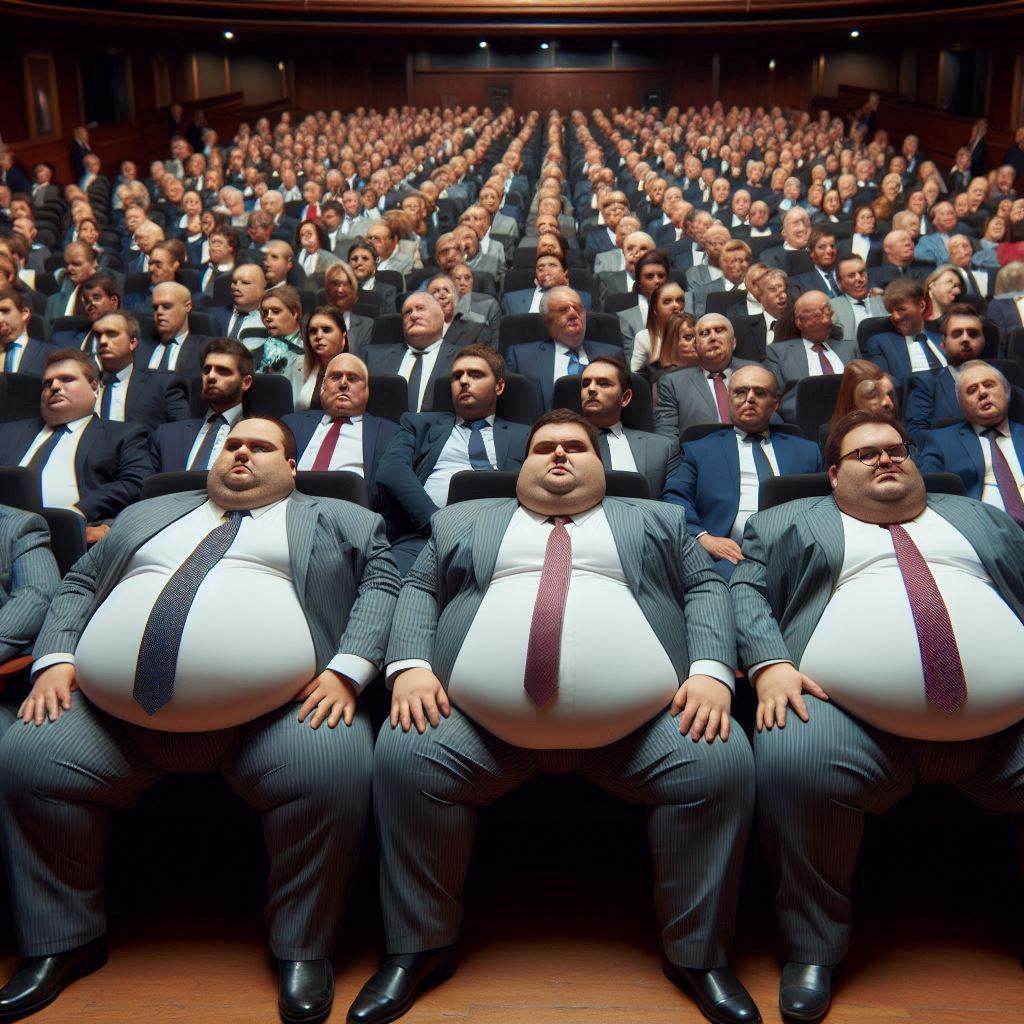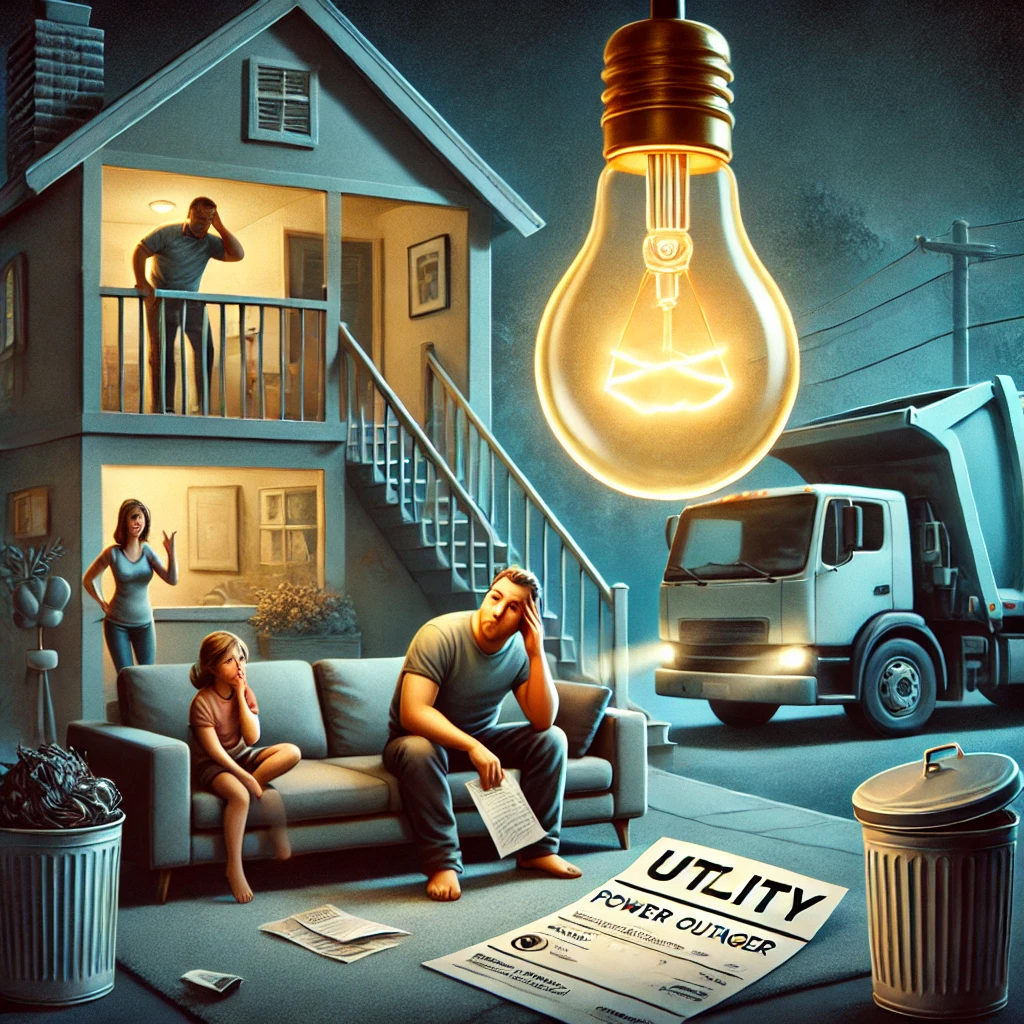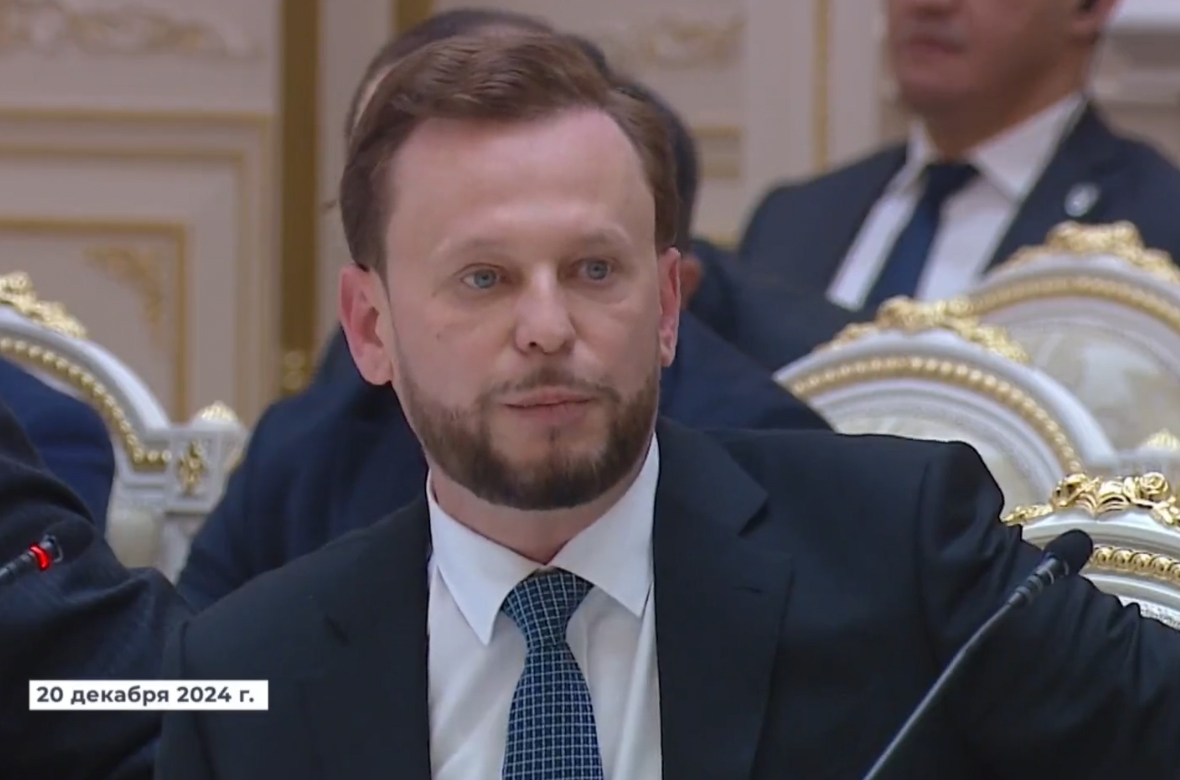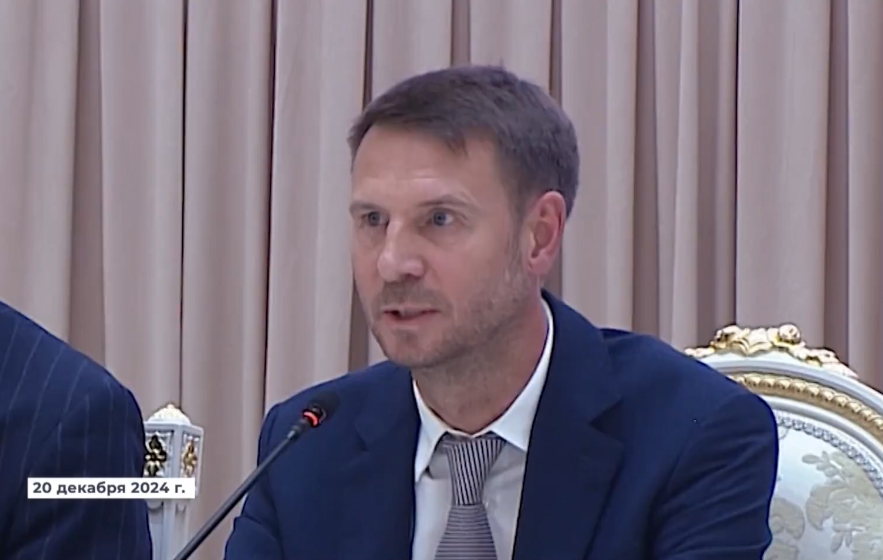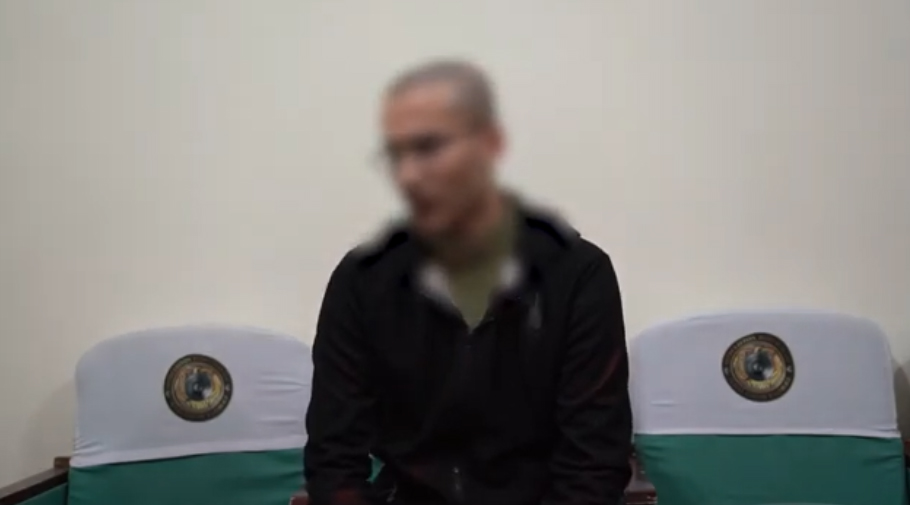This article is also available in:
Русский (Russian)
Uzbek
It feels like Uzbekistan is once again sinking into the darkness of the past when freedom of speech and creativity were under strict state control. The Ministry of Culture has developed a series of legislative changes that, in essence, will revive censorship in its worst Soviet form—ensuring that all creative work conforms to “national traditions” and reflects loyalty to the Motherland and love for one’s native land.
Now think about it: who will be these invisible judges deciding the fate of artists? How will they determine whether a play or a film conforms to national traditions? Will they measure the length of skirts and necklines with rulers? Will there be a list of forbidden words such as “kiss,” “love,” or “passion”? What will Uzbekistan’s cultural scene look like after such changes? Will artists be forced to perform exclusively in traditional attire, singing only about patriotism while avoiding complex or controversial topics?
The new legislative changes propose that organizers of all public events will not only have to apply for permission but also submit to “Uzbekconcert” a detailed script of the upcoming event, with descriptions of each scene. This way, officials will assess whether the script and program conform to national traditions and universal values. And that’s not all—organizers will be required to ensure that their events reflect emotions like loyalty to the Motherland and love for one’s homeland.
What is this if not a return to the worst years of Soviet censorship, when every play, film, or song had to pass through the “cultural filter” and be approved by government bodies? This move appears not only as an attack on creative freedom but also as an attempt to strip people of their right to self-expression. How can culture thrive in a country where it is confined by state-imposed patriotic censorship?
Creativity and culture are living organisms that need to breathe freely, to experiment, to make mistakes, to argue, and to discover new meanings. But it seems that officials have decided to tie the hands of every artist, director, and performer, forcing them to “recite” only government-approved themes.
This step not only restricts the creative freedom of artists and event organizers but also delivers a severe blow to the entire cultural sector of Uzbekistan. Such restrictions stifle creativity, make innovation impossible, and suffocate initiative. As a result, Uzbekistan’s cultural life risks becoming monotonous, dull, and devoid of meaning.
Culture, like any other aspect of human life, must be free. It should not fear punishment for expressing opinions, for diversity of perspectives, or for exploring original themes. But if the Ministry of Culture is given the power to control all that is created on stage or screen, we may face a future where every performance feels like a dull propaganda lecture on loyalty to the state and unconditional patriotism.
The article may contain inaccuracies as it is translated by AI. For more details, please refer to the Russian version of the article. If you notice any inaccuracies, you can send corrections via the Telegram bot: Uzvaibik_bot.

